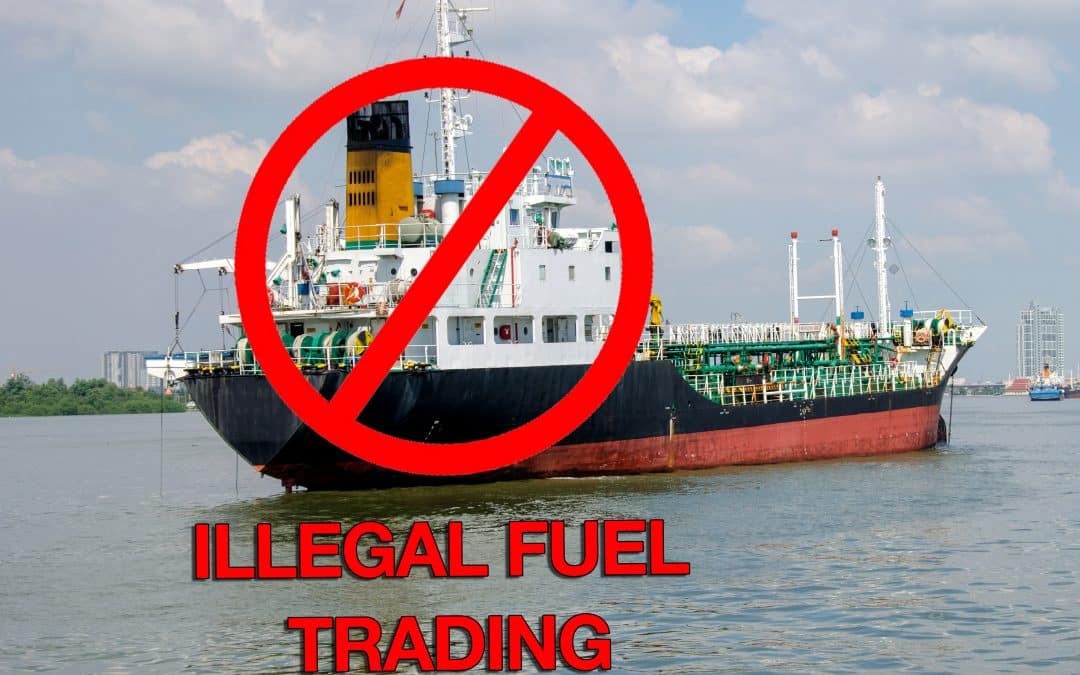Illegal fuel trading is rearing its ugly little head and if the Department of Mineral Resources and Energy does not step in with drastic measures to curb this, the future of our Fuel wholesalers looks very bleak. This according to FRA.
Chief Executive Reggie Sibiya mentioned in an interview that the alarming rate at which illegal trading is progressing was a major concern as it is taking away great volumes from our Fuel Retailers.
According to law wholesalers may not sell fuel to the public in order to protect fuel retailers, also someone is not allowed to have a wholesale license as well as a retails license.
Unfortunately, the Department of Energy dos not have the capacity to deal with all the non-compliance issues as they are only regulator empowered by law to effectively deal with these issues.
Even though he legislation (Petroleum Products Act) is well drafted and is supposed to protect the fuel retailers, however, if the implementation is lacking it is as good as not having it at all.
Because of the volatile and unpredictability of the industry an accurate prediction in the Fuel industry can not be made for 2021.
There are various factors that are contributing to a slow start in 2021, one of them being of course the slow economic activity during COVID and the lockdown restrictions. Fuel retailers have felt the blow even though they were able to stay operational during the lockdown period.
Most retailers had to reduce their workforce and/or make use of business assistance through the Ters fund. Most also had to request rent relief from both land lords and oil companies, as well as requesting extensions on bank overdrafts. Some had to cut back on stock quite a bit and in turn customer service was prohibited.
Due to the enormous pressure on our retailers a lot were exiting as fuel retailers, this could be seen through the number of new trading licenses being issued by the Dep of Energy as some of the retailers have been forced to sell or even terminate due to non-performance.
It is still the view of FRA that the driving force behind the exchange of hands is the economic pressures.
Also, service stations remain in place during the exchange of retailer ownership, and the focus of oil companies is on the overall market share gain. 200 000 litre pumper adds to their volumes and margins, while the operator of the service station is fighting an uphill battle to keep operations going.
Subiya also said that the industry was overtraded and there were thus a lot of objections to new service stations and also retailers were focusing on refining and building current offers to increase business instead.
Partnerships are growing for added value services with brands such as Woolworths and Wimpy even though the margin for shops and restaurants alike are just as thin as the fuel margins.
The sector says in order to remain relevant their focus will continue to be on the 4th Industrial Revolution.

